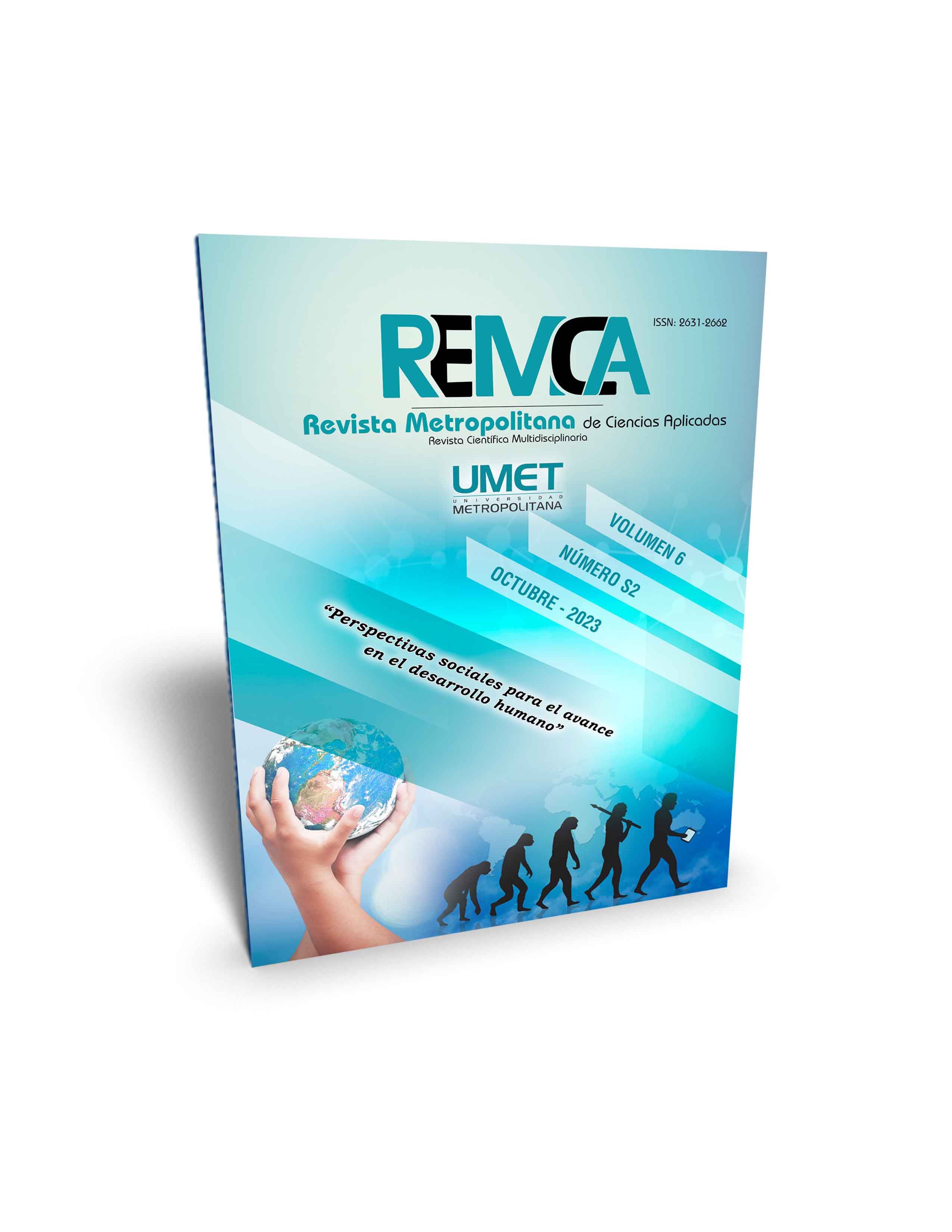The trial period in the labor contract according to the ecuadorian legal order
DOI:
https://doi.org/10.62452/f11aea43Keywords:
Rights, labor principles, test, workersAbstract
The impact of the trial contract and its negative labor consequences, such as unemployment, leaving families without livelihood, is alarming since it is true that our Labor Code in its article 15 establishes that the trial period with a maximum temporary period of 90 days, this is a figure that ignores and does not protect the inherent and intangible principles and rights of workers. The same ones that are duly delimited in the Ecuadorian Constitution, since unilaterally the employer will terminate the employment relationship and in this case the workers will not be able to claim any economic stipend, unlike other contracts such as the indefinite one that if the employer terminates the employment relationship, an untimely dismissal is configured and in this way the worker would not be losing several rights as with a trial contract. It is then proposed, as a general objective: Analyze how test contracts do not generate job stability, thus violating labor principles, which is achieved through a qualitative methodological approach and methods such as analytical-synthetic, historical-logical and inductive.
Downloads
References
Alcívar, B. (2014). Estudio jurídico y doctrinario al codigo de trabajo art 172 numeral 1 y art 326 numeral 1 de la constitución de la República del Ecuador. (Trabajo de titulación). Universidad Nacional de Loja.
Asquerino, M. (2017). El periodo de prueba en las relaciones laborales especiales. Temas laborales: Revista Andaluza de Trabajo Y Bienestar Social, 139, 181-213.
Cabanellas, G. (2006). Diccionario jurídico elemental. Heliasta.
Colombia. Ministerio del Trabajo. (2011). Código Sustantivo del Trabajo. https://www.ilo.org/dyn/travail/docs/1539/CodigoSustantivodelTrabajoColombia.pdf
Córdova, R. (2017). El derecho de trabajo de mujeres embarazadas y los contratos a plazo indefinido en periodo de prueba. (Tesis de maestría). Universidad Regional Autónoma de Los Andes.
Domo, I. (2022). Reducción emergente de la jornada de trabajo y el principio de irrenunciabilidad de los derechos. (Tesis de maestría). Universidad Estatal Península de Santa Elena.
Ecuador. Asamblea Nacional Constituyente. (2008). Constitución de la República del Ecuador. Registro Oficial 449. https://www.oas.org/juridico/pdfs/mesicic4_ecu_const.pdf
Escandón, E. (2018). Los principios constitucionales del derecho del trabajo y su aplicación en el Ecuador. (Trabajo de titulación). Universidad del Azuay.
España. Boletín Oficial del Estado. (2021). Código Laboral y de la Seguridad Social. Agencia Estatal Boletín Oficial del Estado. https://www.boe.es/biblioteca_juridica/codigos/abrir_pdf.php?fich=093_Codigo_Laboral_y_de_la_Seguridad_Social_.pdf
Nardini, G. (2018). Código del trabajo y seguridad social: necesidad, oportunidad y contenido. Necesidad, 100, 213-229.
Downloads
Published
Issue
Section
License
Copyright (c) 2023 Erick Daniel Jácome-Villavicencio, Ana Cristina Pachano-Zurita (Autor/a)

This work is licensed under a Creative Commons Attribution-NonCommercial-ShareAlike 4.0 International License.
Authors who publish in Revista Metropolitana de Ciencias Aplicadas (REMCA), agree to the following terms:
1. Copyright
Authors retain unrestricted copyright to their work. Authors grant the journal the right of first publication. To this end, they assign the journal non-exclusive exploitation rights (reproduction, distribution, public communication, and transformation). Authors may enter into additional agreements for the non-exclusive distribution of the version of the work published in the journal, provided that acknowledgment of its initial publication in this journal is given.
© The authors.
2. License
The articles are published in the journal under the Creative Commons Attribution-NonCommercial-ShareAlike 4.0 International License (CC BY-NC-SA 4.0). The terms can be found at: https://creativecommons.org/licenses/by-nc-sa/4.0/deed.en
This license allows:
- Sharing: Copying and redistributing the material in any medium or format.
- Adapting: Remixing, transforming, and building upon the material.
Under the following terms:
- Attribution: You must give appropriate credit, provide a link to the license, and indicate if any changes were made. You may do this in any reasonable manner, but not in any way that suggests the licensor endorses or sponsors your use.
- NonCommercial: You may not use the material for commercial purposes.
- ShareAlike: If you remix, transform, or build upon the material, you must distribute your creation under the same license as the original work.
There are no additional restrictions. You may not apply legal terms or technological measures that legally restrict others from doing anything the license permits.




